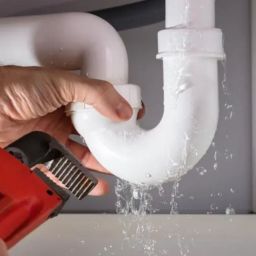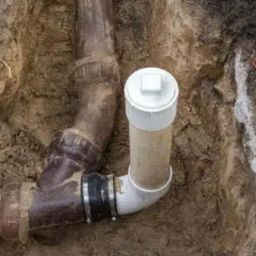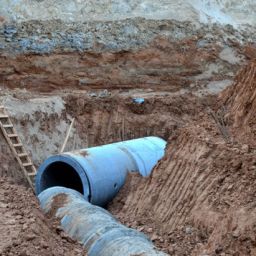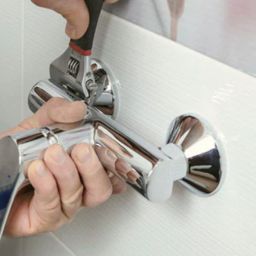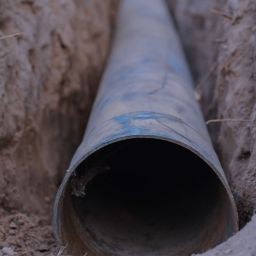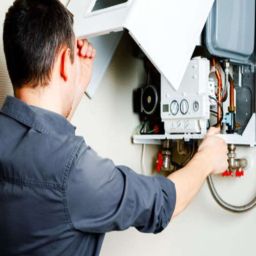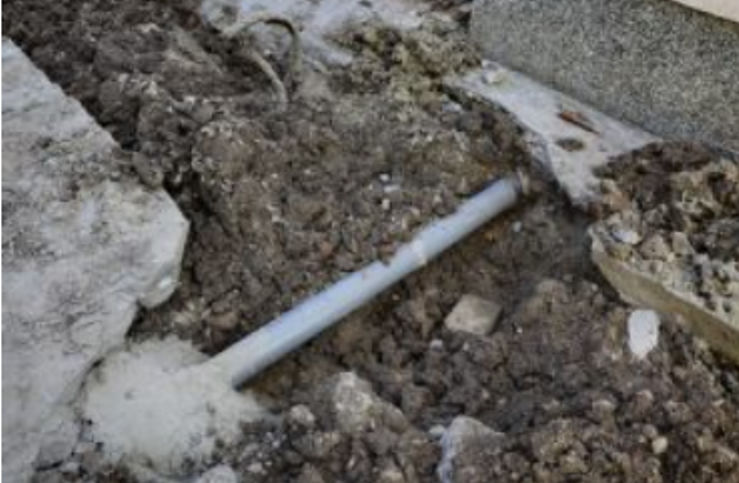
Are you a homeowner who is wondering who is responsible for sewer line repair? Or are you a renter who is unsure about their responsibility in the event of a sewer line issue? It’s important to understand who is responsible for sewer line repair in Phoenix, AZ, as it can have financial and legal implications.
Overview of Sewer Lines
Sewer lines are essential for transporting wastewater from homes to municipal treatment facilities. They consist of various sections, including upper laterals (the pipes that connect your home to the sewer system) and lower laterals (the pipes that extend from the property line to the main sewer line). The division of responsibility for repairs often hinges on where the problem occurs within this system.
General Responsibility
In most cases, homeowners are responsible for the sewer line that runs from their property to the municipal sewer system. This includes both the upper and lower lateral pipes. Homeowners must manage any issues, such as clogs or breaks, that occur in these sections of the sewer line.
Specific Responsibilities
- Homeowner Responsibilities: Homeowners typically handle repairs and maintenance for the sewer lines on their property, including both the upper and lower lateral pipes. This includes issues like blockages or leaks that originate from these lines.
- Municipal Responsibilities: The municipality is generally responsible for the main sewer line that carries wastewater from multiple homes to the treatment plant. If a problem arises in this main line, it usually affects several properties, and the city will take action to resolve it.
Exceptions to the Rule
There are exceptions where the municipality might be responsible for repairs:
- Main Sewer Line Issues: If a blockage or failure in the municipal sewer line affects multiple homes, the city is responsible for addressing the problem. Homeowners should report such issues to the local municipal authority.
- Damage During Municipal Work: If damage occurs to the sewer line due to municipal maintenance or construction, the city may also bear responsibility for repairs.
In condominiums, the responsibility for sewer line maintenance can vary based on the governing documents of the association. Typically, sewer lines exclusive to a unit are the owner’s responsibility, while shared lines may be managed collectively by the association.
Maintenance Tips for Homeowners
To prevent sewer line issues, homeowners should:
- Avoid flushing inappropriate items down toilets.
- Do not pour grease or oil down drains.
- Use drain strainers to catch debris.
- Schedule regular inspections with a professional plumber.
Conclusion
Understanding the division of responsibility for sewer line repairs is essential for homeowners to effectively manage their plumbing systems. Typically, homeowners are responsible for the sewer lines from their property to the municipal system, while the municipality handles the main sewer lines. Homeowners should stay proactive in maintenance to avoid costly repairs and ensure their sewer systems function properly.
Looking for a plumbing services in Arizona? At Phoenix Plumbing and Drain, we specialize in sewer line repair and maintenance.
Our services cover everything from routine inspections to emergency repairs, and we are committed to providing the highest quality services at competitive prices. Contact us today to learn more about our services and how we can help keep your sewer lines in top condition.
Visit our About Us page to get to know more about our company and values.
FAQs
What are the common signs that indicate a sewer line problem?
Common signs of a sewer line problem include slow drains, frequent clogs, and sewage backups in toilets or sinks. Foul odors emanating from drains or the yard can also indicate issues. Additionally, lush patches of grass or wet areas in your yard may suggest leaks, while gurgling sounds from toilets signal trapped air due to blockages.
How can I prevent sewer line issues in the future?
To prevent sewer line issues, regularly maintain your plumbing by avoiding flushing inappropriate items and disposing of grease properly. Schedule routine inspections with a plumber to catch potential problems early. Additionally, consider installing root barriers if you have trees near your sewer lines, and use drain strainers to prevent debris from entering the system.
Are there specific materials recommended for sewer line repairs?
For sewer line repairs, materials such as PVC or ABS pipes are commonly recommended due to their durability and resistance to corrosion. Additionally, trenchless repair methods often utilize epoxy resins for lining existing pipes, minimizing excavation. Always consult with a plumbing professional to determine the best materials for your specific situation.
How do I know if my sewer line problem is covered by insurance?
To determine if your sewer line problem is covered by insurance, review your homeowner’s insurance policy for specific clauses regarding sewer backups or damage. Contact your insurance agent for clarification on coverage limits and exclusions. It’s essential to document any damage and repairs, as this can aid in the claims process.
What should I do if my condo’s sewer line is damaged?
If your condo’s sewer line is damaged, immediately report the issue to your property management or homeowners’ association. They may have specific protocols for addressing such problems. Additionally, contact a professional plumber to assess the damage and recommend repairs, ensuring that the issue is resolved promptly to prevent further complications.

